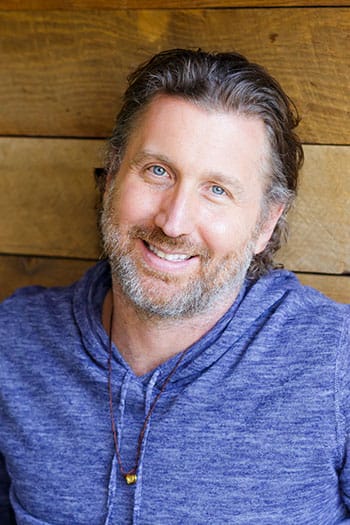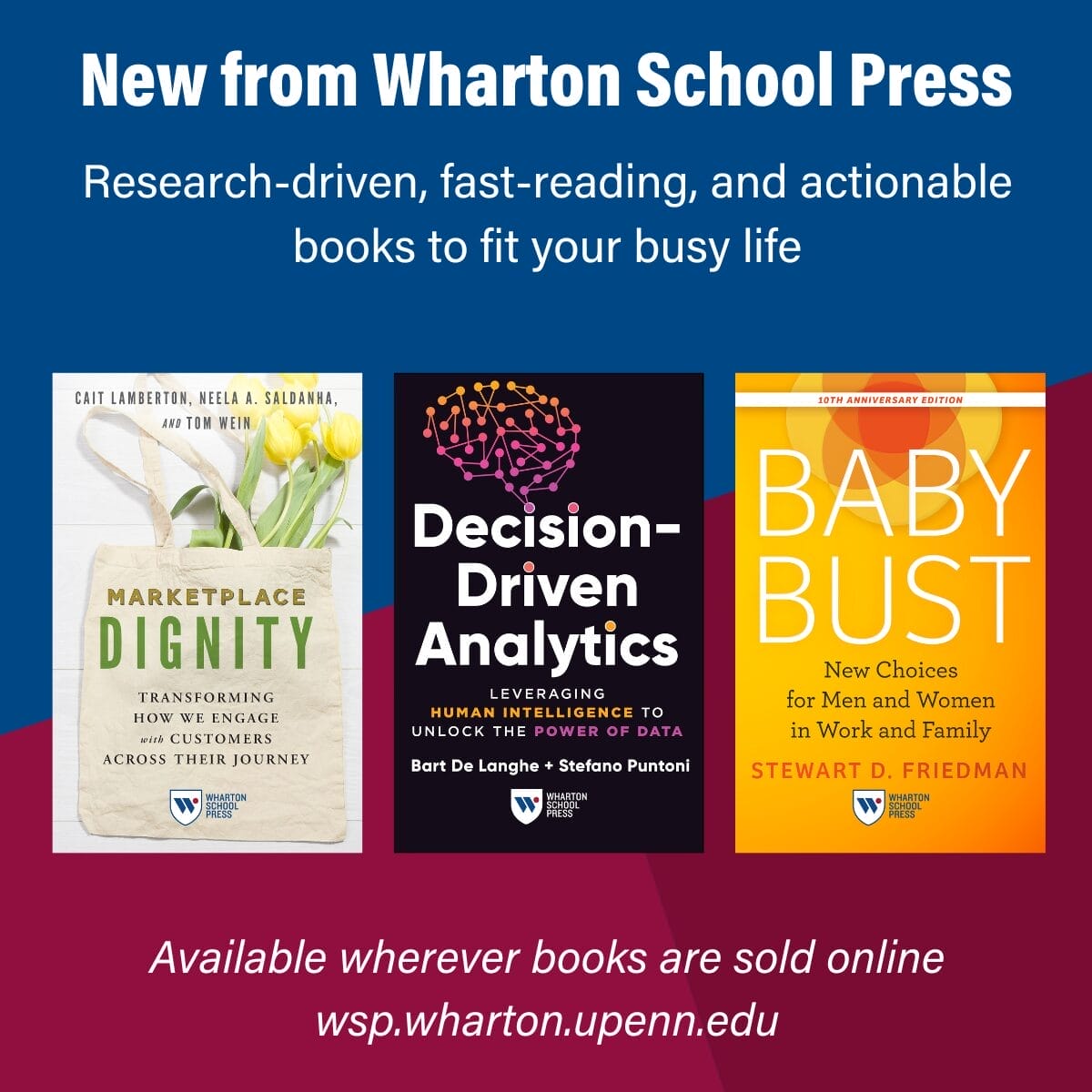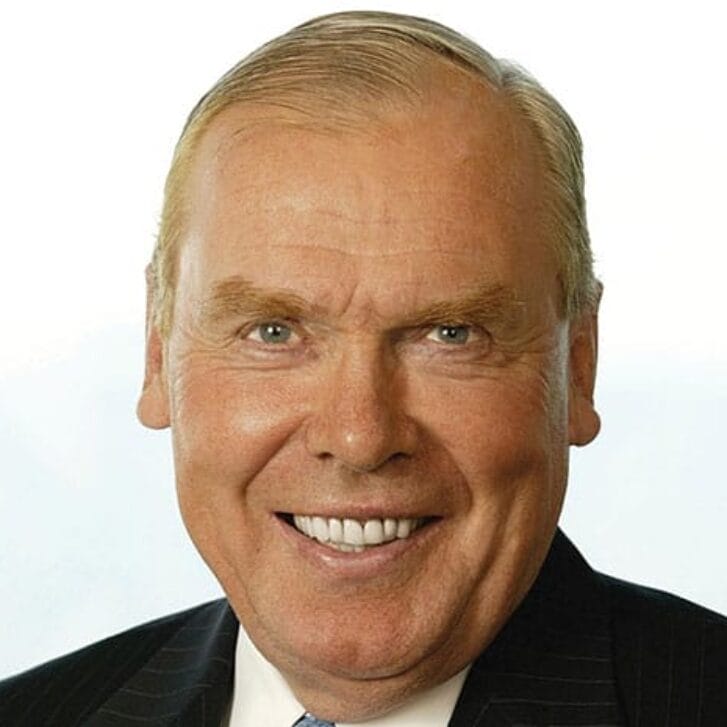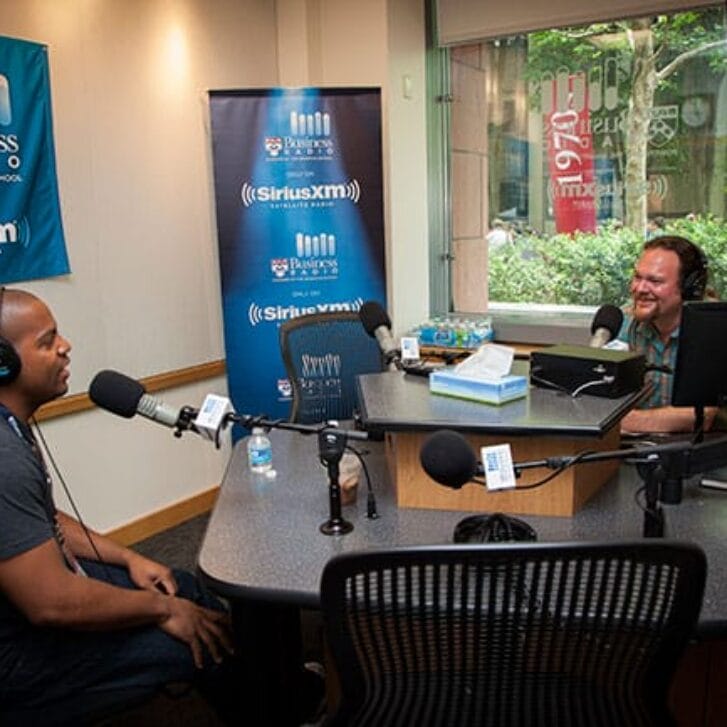Jason Garner is a reformed business warrior. As former CEO of Global Music at Live Nation, the world’s largest concert brand, he was rated a top-20 highest earning CEO under 40 by Fortune in 2009. He since dropped out of the corporate arena and now devotes himself to writing and promoting his memoir, … And I Breathed. What brought him down—or lifted him up, as he might say?
“The challenge I found in my life is that I was the warrior all the time,” he says.

Jason Garner
So the warrior relented and gave way—to the monk. For Garner, an impetus for him taking a “deep breath” was the death of his mother. He came to realize that his bravado in the boardroom and at the negotiating table stemmed from insecurity—getting rewards and attention was feeding an intense fear.
Wharton students and alumni are known for being analytical, as well as hard-working, ambitious and driven to succeed. They come to campus as leaders, and leave campus as better leaders. But are they leaders who are too aggressive, as Garner once was? Too focused on work and winning? Or do they have the ability to open their hearts while they sharpen their swords, in the words of Garner’s colorful language.
Garner spoke in late 2014 with the Knowledge@Wharton show on SiriusXM Business Radio Powered by the Wharton School, and we took the opportunity to talk with him about his life journey, his recently published memoir and how even inveterate warriors can repent and reform.
The question is: Do you, a business leader, want to repent and reform?
What we share with you now may help if your New Year’s resolution is to become a kinder, gentler business leader and not the stereotypical smash-mouth player.
For starters, there are steps you can take to “take a deep breath” and reassess.
Step 1: Ask Yourself: What Are You Really Building?
Very rarely does a business leader set out on a career to become a jerk, Garner explained (though he used a different word for “jerk”). Business leaders may have originally been determined to be successful in order to support a family, leave a legacy, do some good.
“All of these things are really monk-like qualities that get lost in the charge up the hill,” Garner says.
Step 2: Reconnect With Those More Altruistic Motivations.
Garner believes that we all have both the monk and the warrior within us, no matter how dominant the warrior streak has become.
Step 3: Determine What’s Next.
Forget about answering this question with a five-year plan in mind. Just ask yourself: What am I going to do today? What feels good to me right now?
Note: Garner does not claim to know all the answers. Though his memoir appears to be a blueprint for how an overstressed exec can reclaim his or her life, he says, “I don’t want to be the know-it-all.”
For him, “what’s next” is as simple as the three things he makes sure to do every day.
- Stretch: to be flexible in body and mind.
- Meditate: to be expansive and possess the ability to see multiple perspectives.
- Eat well: to love himself from the inside-out so he can have love for the outside world, from the outside-in.
Such an approach may not be quantifiable enough for a Whartonite. It may not sound tough enough for others. But “what’s next” is a personal decision and certainly one you have to be ready to resolve to take.
Editor’s note: Interested to learn more about becoming a monk? Download a free chapter of Garner’s … And I Breathed book here: www.jasongarner.com/book.


























